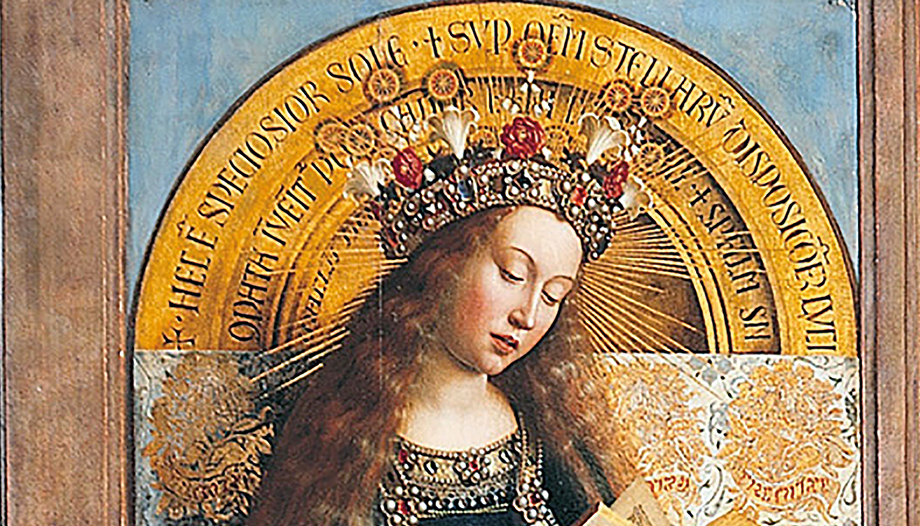Published in 2020 by Princeton University Press, the book. Lost in Thought: The Hidden Pleasures of an Intellectual Life [American professor Zena Hitz's "Lost in Thought: The Hidden Pleasures of Intellectual Life" grabs you from the very first page.
The prologue (pp. 1-24) is subtitled. How washing dishes restored my intellectual life and in these pages she recounts her childhood, full of books and nature, her academic studies, her work as a professor of ancient philosophy until, at the age of 38, she joined a remote religious community called Madonna Houseeast of the forests of Ontario (Canada), and how from there he decided to return to the college of his youth to teach the classics.
Tour
In this prologue, he reviews his studies in St. John's and then at three different universities until she got a stable job at a university in the southern United States, focused entirely on American soccer. There she began working as a volunteer in hospice, refugee centers and literacy programs: "This person-to-person service was like a slow drip of water on a dry sponge." (p. 13). By this time, Zena Hitz decided that she must have a religion since she had grown up without one, despite belonging to a Jewish family. The various churches she looked at did not appeal to her, but one Sunday she attended Mass at the local Catholic parish and everything changed. She was baptized at the Easter liturgy in 2006.
Shortly thereafter he moved to another university in Baltimore and was struck by the suffering of the poor and needy, which contrasted so sharply with the superficiality of academic life at an elite American university. He taught classes on Plato, Aristotle and contemporary ethics to large groups of students and received a comfortable salary and excellent benefits, but that kind of life seemed very poor to him: "The teaching that constituted the central activity of my professional life was nothing like the lively, collaborative pursuit of ideas that had delighted me as a student." (p. 17). The academic organization made effective dialogue and communication between teachers and students almost impossible. In the face of this crisis, Zena Hitz sought help in discerning her vocation and decided to enter into Madonna House. She spent three years in the Canadian community, dedicated to the contemplative life and the manual tasks of the monastery, including washing dishes.
This biographical presentation helps to understand the strength of the book. "As I discovered." -writes Hitz (p. 22). "learning is a profession; [...] it begins by hiding: in the intimate thoughts of children and adults, in the quiet life of bookworms, in secret glances at the morning sky on the way to work, or in the casual study of birds from a deckchair. The hidden life of learning is its core, what matters about it. Intellectual activity nourishes an inner life, that human core that is a refuge from suffering as much as it is a resource for reflection itself. There are other ways to nurture the inner life: playing music, helping the weak and vulnerable, spending time in nature or prayer, but study is crucial."
As the book's publisher announces on the back cover: "Lost in Thought is a passionate and timely reminder that a rich life is a life rich in thought. Although the humanities are often defended only for their economic or political utility, Hitz argues that our intellectual lives are valuable not in spite of their practical uselessness, but precisely because of it."
Intellectual life
The central thesis of the book has captivated me because it invites us to rethink the role of universities and humanistic teachings in our society: "Good teaching has all but disappeared from our university campuses, surviving only because of resilient, dedicated and principled people doing beautiful work without recognition or adequate reward." (p. 199). "It is my hope that our institutions that support intellectual activity will regain their original purpose. We must reconnect and remind ourselves how important what we do is, so that this particularly human way of being, its joys and pains, its modes of excellence and its unique bonds of communion are not lost." (p. 200).
To give a graphic example, as opposed to the somewhat bombastic image of the School of Athens in Raphael's rooms towards which we aspiring intellectuals tend to look, Hitz argues "a much lesser known image of intellectual life, though much older and more common in European art, depicting a girl who loved to read." (p. 60).
Hitz is referring to the Virgin Mary and in his beautiful description he goes through some of the most wonderful paintings of this artistic tradition: from Van Eyck's altarpiece in Ghent in which Mary appears crowned and jeweled as a queen, looking at a code in her hands, to the scene of the Annunciation in the paintings of Filippo Lippi, Fra Angelico or Matthias Grunewald, in which the young Mary awaits the visit of the angel reading a book, perhaps even that passage from the prophet Isaiah in which it is said that a virgin will conceive a child (Is. 7, 14). According to Christian tradition, Mary was versed in the Hebrew scriptures; she had studied the law and meditated on the prophets. Mary knew the intellectual life, she enjoyed inner vitality.












